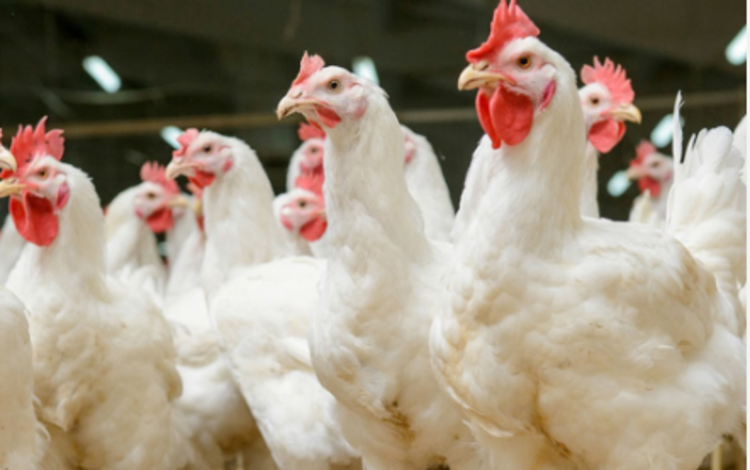Chickens at a commercial farm in Tarlac have tested positive for bird flu, according to a report by the Philippine Egg Board Association (PEBA) yesterday. PEBA President Francis Uyehara disclosed that the infected chickens had been sold to traders before the discovery of the outbreak.

“The chickens were being transported when they died. Upon examination, the chickens tested positive for bird flu,” Uyehara noted. The outbreak has raised concerns about the potential spread of the virus to other farms and regions, prompting calls for immediate action.
PEBA has urged the Department of Agriculture (DA) and the Food and Drug Administration (FDA) to expedite the approval of a bird flu vaccine. “We are considering that there are other farms that do not report or test their chicken for bird flu,” Uyehara said. “This is the reason why we don’t have a clear reference on the extent of the bird flu problem.”
The urgency of the situation is underscored by the fact that the commercialization of the bird flu vaccine is still under discussion, with field trials currently ongoing. Uyehara emphasized the need for a swift resolution to ensure the safety of poultry and the stability of the industry.
The bird flu outbreak in Tarlac is not an isolated incident. Uyehara’s statement hinted at the possibility of underreported cases, raising concerns about the broader impact of the virus on the poultry industry. The lack of comprehensive data on the extent of the bird flu problem highlights the need for better surveillance and reporting mechanisms.
Meanwhile, there are reports of illnesses affecting pigs in some parts of the country, particularly in Negros Occidental. This has added another layer of complexity to the agricultural sector’s challenges, as authorities strive to contain multiple disease outbreaks simultaneously.
The Department of Agriculture and other relevant agencies are expected to ramp up efforts to address these health threats. The swift approval and distribution of the bird flu vaccine could play a crucial role in mitigating the spread of the virus and protecting the poultry industry from further damage.
In the wake of these developments, the poultry and swine industries are on high alert. Farmers are urged to implement stringent biosecurity measures to prevent the spread of diseases. The agricultural sector is closely monitoring the situation, with stakeholders working together to safeguard the health of livestock and ensure the continued supply of poultry and pork products to the market.
As the situation unfolds, the public is advised to stay informed through updates from the Department of Agriculture and other relevant authorities. The collaboration between government agencies, industry stakeholders, and farmers is crucial in overcoming these challenges and ensuring the resilience of the agricultural sector.
